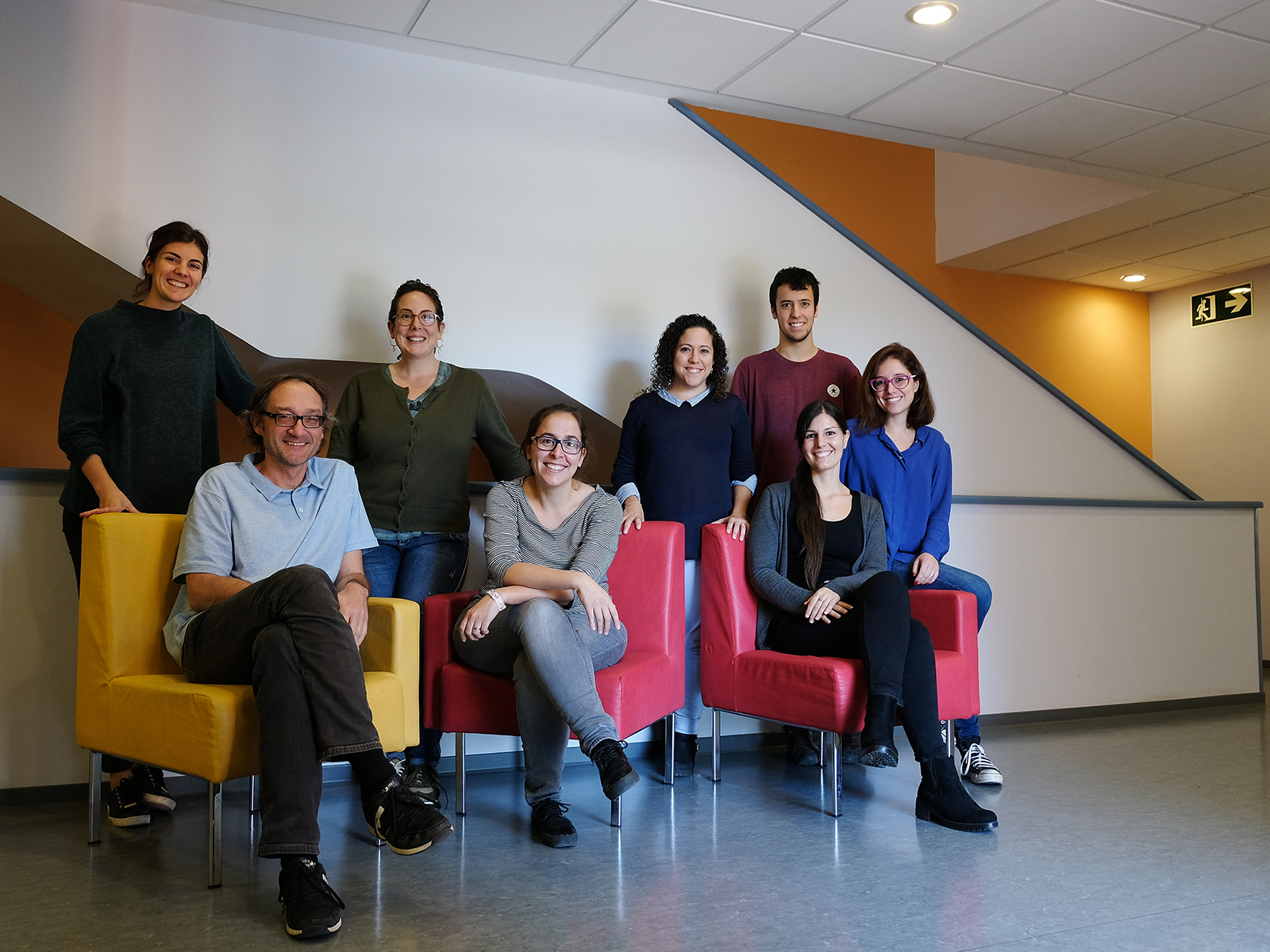The IGTP participates in an international project to validate serological tests for COVID-19

The Innovation in Respiratory Infection and Tuberculosis Diagnosis research group led by Dr José Dominguez and Dr Cristina Prat Aymerich have started a collaboration with the team led by Dr Lluis Cuevas at the Liverpool School of Tropical Medicine to develop and validate new serological techniques for diagnosing COVID-19. The project is financed by the Wellcome Trust (UK).
The project will develop laboratory techniques and rapid-testing techniques to test whether an individual has been in contact with SARS-CoV-2 and if they have produced antibodies against the virus. This is what is known as a serological test and it identifies whether antibodies are present in a small sample of blood. These techniques can quantify the presence of antibodies against COVID-19 in patients who have had the disease, whether or not they have had symptoms, and evaluate the results in terms of the time since symptoms started and the seriousness of the disease.
The COVID-19 pandemic is one of the biggest health crises of the century with at least 4 million cases and 275,000 deaths. In order to understand the situation and work to control it, it is essential to develop affordable serological methods that are fast and reliable.
"To control infectious diseases, it is vital to have quality methods to detect antibodies so we can tell how many people have had the disease and then put the right public health measures in place," considers José Dominguez. "In the case of SARS-CoV-2 however, a lot more research is needed to find out if the production of antibodies ha a direct relation to immunity to the virus and so whether people can get re-infected. We also need to know how long these antibodies stay in the blood," he adds.
The Innovation in Respiratory Infection and Tuberculosis Diagnosis group has extensive experience in developing, testing and optimizing diagnostic techniques, particularly in the field of respiratory infections. They have a long-standing collaboration with the Liverpool School of Tropical Medicine in a project to improve the diagnosis of tuberculosis in Sub-Saharan Africa. In the new joint project the groups are working on the latest stages of optimizing the techniques and on the selection of cases to study. They hope to have the first results before the summer.
